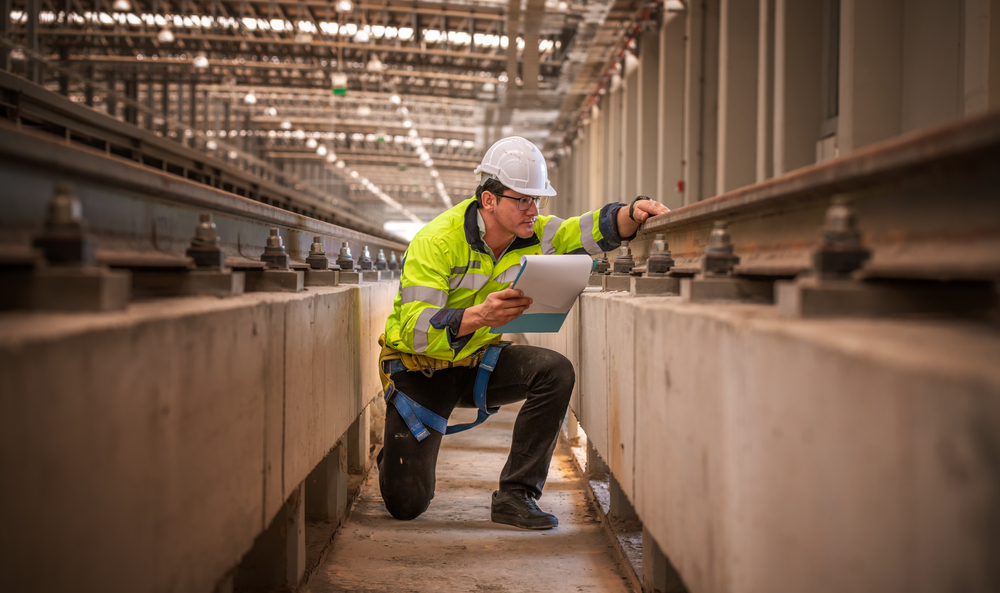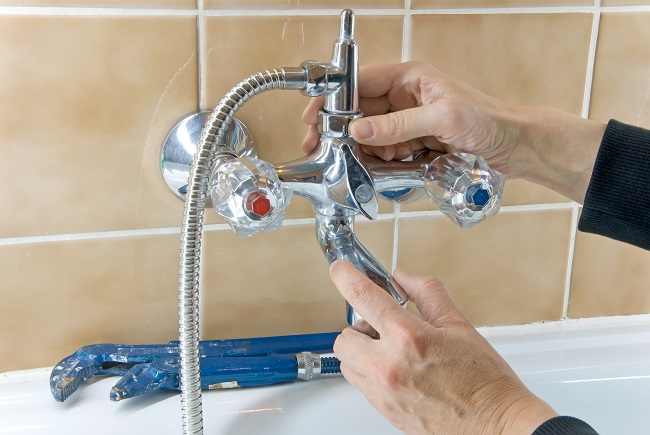How does a machine not just complete a task but also add an artistic touch to it? Is it a distant dream paddling into reality? Or is it already a reality we're yet to discover? If you find your intrigue boiling, you’re in the right place to answer these questions and more. This article paves the pathway to the world of Masport Mowers.
Your lawn is part of your home’s first impression, shaping our perception of the space before we even step inside. How can we ensure the grassy carpet rolled out before our guests is as inviting as possible? The secret lies with the help of a well-crafted, precision-focused Masport Mower.
Guiding you through the winding lanes of Masport Mowers' design and functionality, this blog post is your definitive guide. Far more than just summarizing the Masport Mowers' offerings, we delve into the 'Why', the 'How', and the 'Wow' behind these cutting-edge machines.
Why Choose Masport Mowers?
Many might wonder why specific investment in Masport Mowers is warranted when there is a sea of similar products. As it turns out, Masport Mowers, with a heritage stretching back over 100 years, have earned their stellar reputation. They offer exceptional quality, durability, and functionality.
The company prides itself on producing mowers incorporating cutting-edge technology and a focus on reducing environmental impact. From self-propelled systems to providing mulching options, Masport Mowers are powered by innovation. With these machines, your lawn maintenance becomes so much more than a chore—it transforms into a creative process.
Masport Mowers hold empowering customers at the crux of their operations. With diverse ranges to meet all budgets and demands, the business philosophy echoes dedication to high-performing, user-friendly products.
Unique Features of Masport Mowers
Diving deeper into the sea of Masport's offerings, let's explore the unique features setting these mowers apart. Their strength drastically lies in their innovative design tailored towards convenience, efficiency, and durability.
Multiple cutting systems offer flexibility to suit your lawn’s needs, while adjustable handle systems assuage any fear of back strains. Made from high-quality materials to stand the test of time, these mowers also offer catch, mulch, or side-discharge clippings options.
Another noteworthy feature is the self-propelled function available in specific models. It's a boon for those with large lawns or physical limitations. This along with ergonomic upper and lower handle controls further emphasize a commitment to user experience.
The Pros and Cons of Masport Mowers
It's time to weigh in on the advantages and the minor glitches that come with Masport Mowers. The Pros overwhelmingly include the versatility offered, ease of use, durable design and superior cutting performance. Maintenance is an unbeatable breeze thanks to easily accessible parts.
The environmentally conscious will treasure Masport's mulching feature, reducing landfill contribution. Additionally, for those with larger lawns, Masport's wide cutting path and self-propelling feature diminish labor.
Onto the seldom-mentioned Cons, some users have reported difficulty in starting certain models. However, Masport customer service, widely reputed as friendly and helpful, can easily guide customers dealing with such issues.
In Conclusion
The Masport Mowers are a testament to the harmonious marriage of functionality and innovation. Focused on versatile designs, user convenience, and durability, these mowers do not simply make a lawn look good—they make lawn care an enjoyable experience.
From the diligent homeowner striving for the perfect lawn to the professional gardener aiming for precision and efficiency, Masport Mowers cater to a wide audience. And while no product is without minor hiccups, the occasional difficulties are overshadowed by the benefits and ease that Masport Mowers bring to the table.
Investing in a Masport Mower means investing in quality, longevity, and a hassle-free lawn maintenance experience. With Masport Mowers, you're not just buying a machine; you're buying time, convenience, and the creation of a welcoming green space right at your doorstep.












.jpg)


